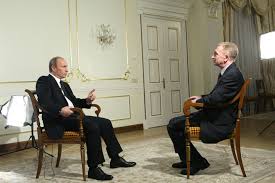
Introduction
Vladimir Putin, the President of Russia, has become a pivotal figure in global politics, influencing events and international relations significantly since he first took office in 1999. His leadership style and foreign policy decisions continue to draw worldwide attention, especially in light of the ongoing geopolitical tensions and conflicts involving Russia. Understanding Putin’s role in contemporary events is essential for grasping the complexities of global security and diplomacy.
Current Events Involving Putin
As of late 2023, Putin’s actions have primarily focused on the ongoing conflict in Ukraine. This conflict, which escalated following Russia’s annexation of Crimea in 2014, has led to severe sanctions against Russia from Western nations and a re-evaluation of military alliances such as NATO. In September 2023, Putin held discussions with leaders from China and India, indicating a shift towards strengthening ties with non-Western countries amidst increasing isolation from the West.
Putin’s Foreign Policies and Alliances
Russia’s foreign policy under Putin has often been described as assertive and at times aggressive. The ongoing war in Ukraine is a testament to this approach, with NATO’s expansion being characterized by the Kremlin as a direct threat to Russian sovereignty. Furthermore, Putin has sought to enhance Russia’s strategic partnerships with countries like Iran and North Korea, cultivating an alliance that could counterbalance Western influence.
Implications for the Global Community
The implications of Putin’s policies and actions extend beyond Europe; they resonate globally. For instance, the decision to cut gas supplies to Europe as a punitive measure has further strained energy relationships and raised concerns about energy security. Furthermore, Russia’s support for authoritarian regimes in various countries has raised alarms about human rights abuses and the spread of undemocratic ideals.
Conclusion
In summary, Vladimir Putin remains a significant influence in the global political landscape, with his decisions having far-reaching effects on international relations and security. As nations adapt to the evolving geopolitical realities shaped by his leadership, analysts predict that the tensions between Russia and Western powers will continue to intensify. For readers, understanding Putin’s actions offers insights into the future of global politics, highlighting the importance of vigilant diplomacy in an increasingly polarized world.



